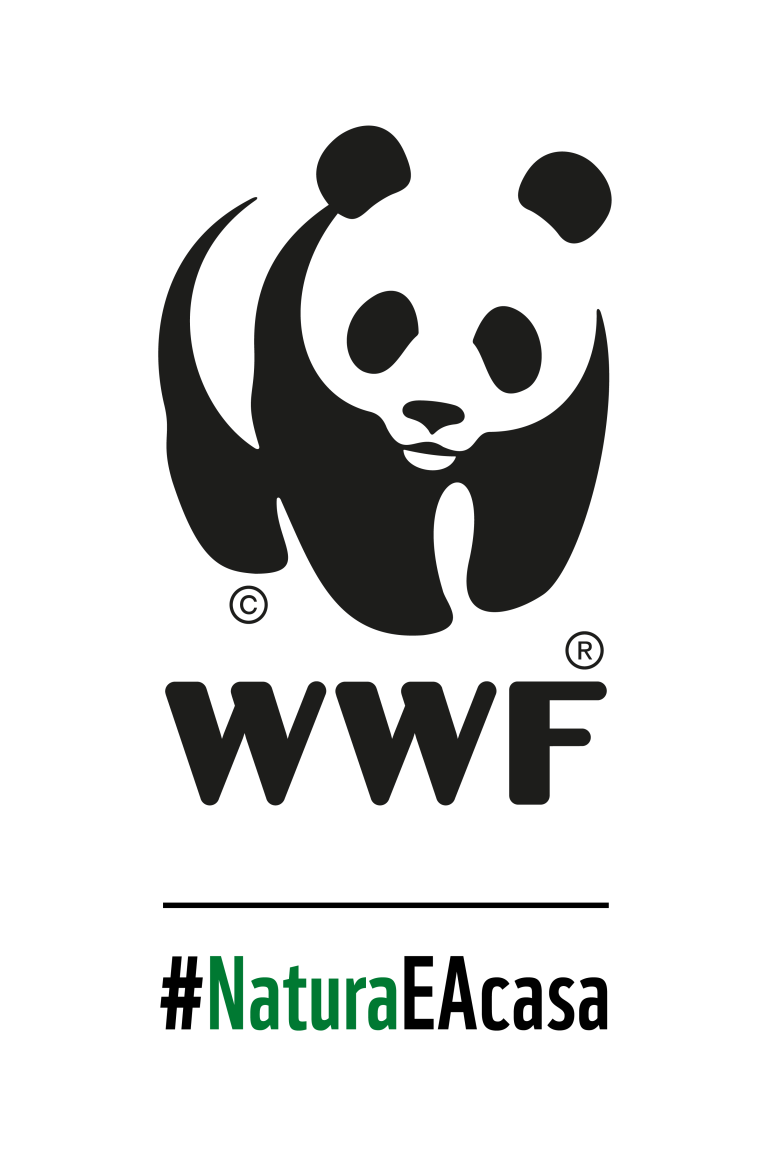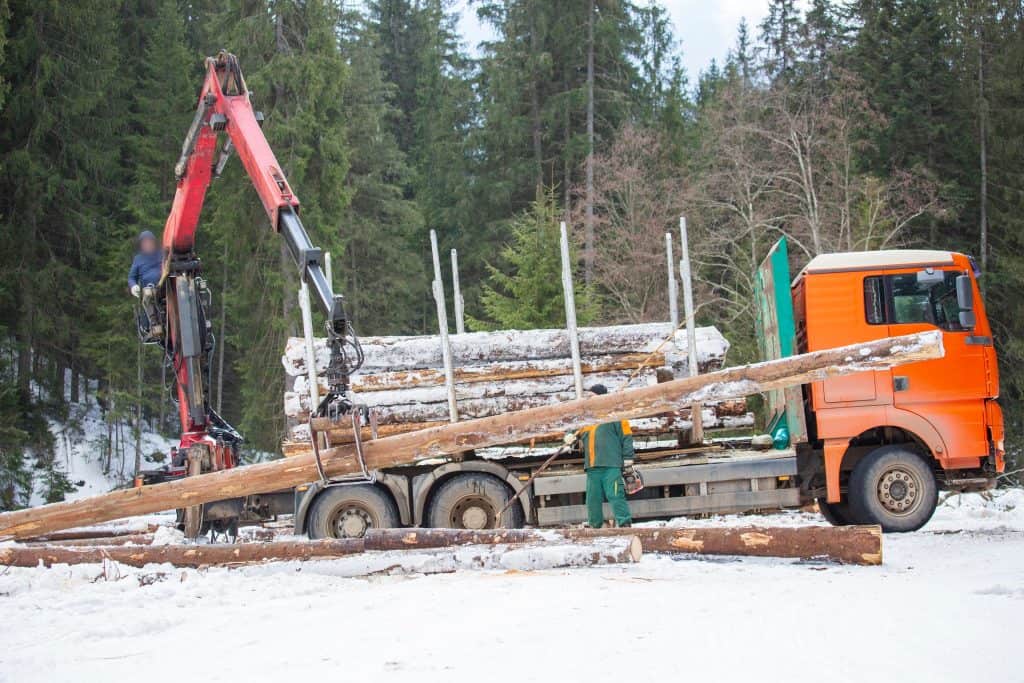A third of the timber transports monitored by WWF at forest exit, for the third year in the row, are illegal and do not comply with the regulation regarding the origin, movement and marketing of timber products. Of these, half are not even registered in SUMAL. The main method used to introduce illegally harvested timber into the market is „overloading,” which refers to fake statements regarding the quantities of transported timber. Approximately 1 in 5 shipments registered in SUMAL are overloaded by more than 20% of the volume declared for each transport.
"Although we cannot say these figures have national statistical relevance, the data collected clearly shows that, in its current form, the Forestry Code and SUMAL 2.0 fail to stop those who don’t follow the law. A real reform of the current controlling system is therefore needed, the foundations of which must be established through the new Forestry Code now. The strategic action directions have already been established and assumed by the Government through the National Strategy for Forests. We only need the political will to introduce them into legislation the right way."
Radu Vlad, manager of the forestry programs at WWF Romania
WWF has already expressed its concern that the new Forestry Code ignores the reform the illegal logging combat system needs. The current report confirms that the system fails to deal with the most common operation mode of the untaxed timber business. In the following days we will make public an additional report that also confirms this situation from the perspective of the data recorded in SUMAL, data that is publicly available through the Forest Inspector platform.
The report details
The WWF report shows that, in its vast majority, illegally harvested wood is introduced into the market in „tranches” of up to 10m3/transport, without being covered by legal documents. In addition to the breaches in SUMAL 2.0, which have remained unsolved for more than two years, the operators also take advantage of the 10m3 minimum, abnormal threshold that is necessary so that the timber materials transport, which fails to have an accompanying permit, can be sanctioned as a forestry crime. This means that, statistically, even if caught red-handed, an operator only risks a small fine for only 1 out of 100 transports if he „misdeclares” the volume by less than 10 cubic meters per shipment. And this even if he is caught several times in a row.
A radical change is therefore needed to transform the current controlling system based on „marking” and guarding trees in the forest to one focused on controlling the volumes of timber materials leaving the forest. In other words, the timing of introducing the timber into the market should be similar to the one of making the payment when leaving a store.
WWF’s main suggestions
- The Forestry Code should establish rules that can be easily monitored, produce conclusive evidence in court and that, above all, eliminate systemic conflicts of interest.
- Field controls should target critical areas of the timber custody chain, where there are the highest risks of illegally harvested timber being introduced into the market.
- The sanctions system should be proportional with the level of damage and work as a prevention mechanism.
- The optimization of the illegal logging combat system must be carried out following constant monitoring, relevant at the national level.
These are the practical aspects the new Forestry Code should take into account in order to be effective. Unfortunately, the first draft of the project that should be the basis of its development does not take them into account. The administrative reforms, so necessary for Romanian forestry, are missing. Instead, one can find a series of important slippages from the sustainable forest management principles.

